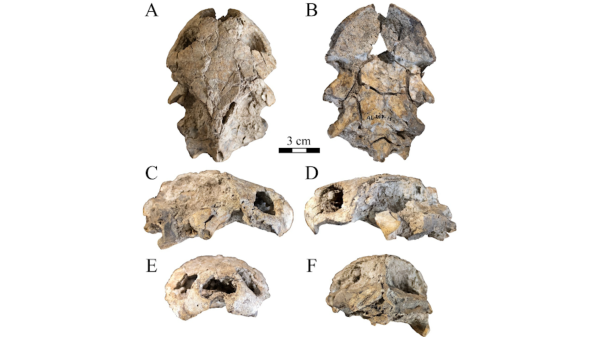Study indicates perceived impact of a STEM instructor revealing LGBTQ identity to students

A new study is the first to indicate the perceived impact of an instructor revealing her LGBTQ identity to students in the U.S.
The study, published in Life Sciences Education, was co-authored by Carly Busch, a biology education PhD candidate in the School of Life Sciences, and co-advisers Sara Brownell and Katelyn Cooper.
In the study, an instructor revealed her identity to her large-enrollment undergraduate biology course in less than three seconds. She did not mention her LGBTQ identity to the class at any other point during the term.
Eight weeks later, researchers surveyed students about the perceived impact of the instructor sharing this information with them.
Despite common concerns about whether it is appropriate for an instructor to reveal their LGBTQ identity to students and the potential for the instructor to face negative consequences, the study’s findings were encouraging:
-
Nearly two-thirds of students who remembered the instructor revealing her LGBTQ identity reported that it had a positive impact on their overall experience in the course.
-
More than 70% of all students perceived that the instructor revealing her identity increased their feelings of connectedness with her and their willingness to approach her for mentorship.
-
It also increased the majority of students’ confidence in their ability to pursue a career in science, their sense of belonging in the course and their sense of belonging within the scientific community.
“We have previously interviewed LGBTQ+ instructors, and many of them said that they might be willing to reveal their identity to students in the classroom if it could positively benefit the students, but we never had the evidence to show instructors the benefits,” Brownell said.
“We are hopeful that this study can help encourage LGBTQ+ instructors who are on the fence about revealing their LGBTQ+ identity to come out, and ultimately increase representation of LGBTQ+ individuals in science.”
Though LGBTQ students and women were more likely to note a positive impact of the instructor’s decision to reveal her identity, the majority of students noted positive outcomes, and 96.1% of students perceived that it is appropriate for a STEM instructor to reveal their LGBTQ identity during a course.
“Having visible LGBTQ+ role models in STEM can be incredibly impactful for students, and I’m excited to be contributing to research that may be able to increase that representation,” Busch said.
“It’s expected that LGBTQ+ students would appreciate and benefit from their instructors coming out in class, but what I have found so interesting about this work is the extent to which students who are not part of the LGBTQ+ community also say that they benefit from an instructor coming out.”
The research team was recently awarded a National Science Foundation grant to continue their research at a larger scale.
“This study was done in one class with one instructor, so we can't generalize from a single study,” Brownell said.
“Our funding from the National Science Foundation will allow us to expand this to many different instructors, in different geographic areas, to see if we can show similar benefits to students.”
More Science and technology

New research by ASU paleoanthropologists: 2 ancient human ancestors were neighbors
In 2009, scientists found eight bones from the foot of an ancient human ancestor within layers of million-year-old sediment in…

When facts aren’t enough
In the age of viral headlines and endless scrolling, misinformation travels faster than the truth. Even careful readers can be…

Scientists discover new turtle that lived alongside 'Lucy' species
Shell pieces and a rare skull of a 3-million-year-old freshwater turtle are providing scientists at Arizona State University with…